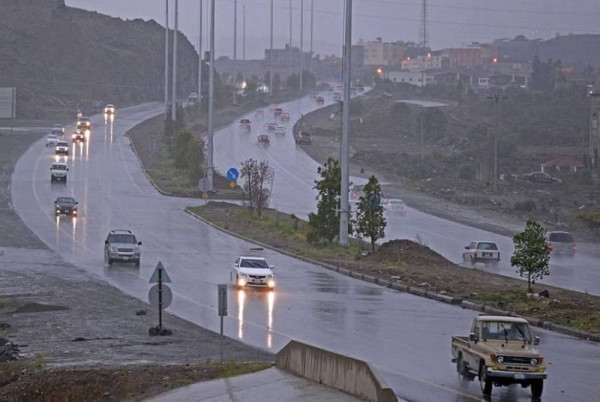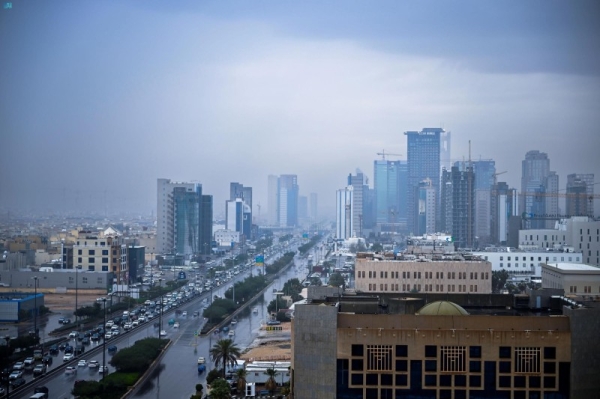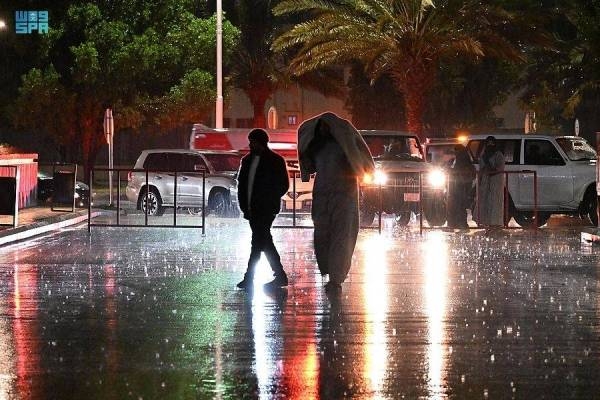
The Saudi weather experts said that this year’s winter, featuring a season of biting cold, will begin from Tuesday, Dec. 7 in the Kingdom. The season will see a sharp drop in temperatures in most parts of the Kingdom. Abdul Aziz Al-Hussaini, researcher in weather and climate sciences and a member of the Saudi Committee for Nomenclature of Distinguished Climatic Conditions, stated that the 39-day period, which is known as Al-Murabaniyah, will begin this year on Dec. 7, which is the date of the actual beginning of the winter season.
Dubai Dunes in one Minute
According to Al-Hussaini, the actual beginning of the astronomical winter or the Winter Solstice in Saudi Arabia and the northern hemisphere will be on Tuesday, December 21, and this marks the shortest day and the longest night of the year in the northern hemisphere. He said that three stars permeate Al-Murabaniyah, with each has 13 days, totaling 39 days, and this period is suitable for wheat cultivation. After these, the day begins to increase at the expense of the night, which is presumed to be cold, especially with the blowing of winds of polar or of Siberian origin.
Dr. Abdullah Al-Mosnad, another weather expert, said in a statement on his Twitter account that Arabs noticed the arrival of Al-Murabaniyah, which coincides with the sighting of the star Vega before sunrise, and it is a bright star that rises in the northeast at around 6:02 am.
It is noteworthy that Al-Murabaniyah, which begins with Winter Solstice, is a period of intense cold that lasts 39 days and its period extends from Dec. 22 to Jan. 31. This period is characterized by severe cold with the chances of frequent snowfall. The weather remains the coldest during this period with the daytime temperatures dipping drastically.
The National Center of Meteorology recently predicted that Saudi Arabia is likely to witness harsh winter with temperatures reaching below zero degrees Celsius. Hussain Al-Qahtani, spokesman of the center, attributed this to the extreme climatic phenomena affecting the world.












